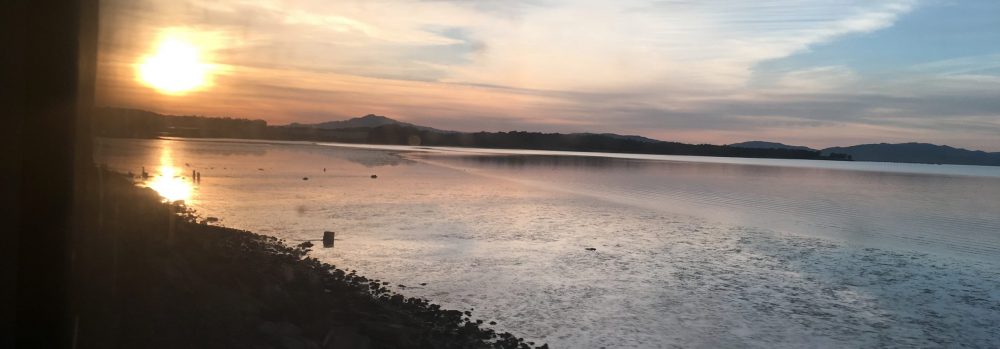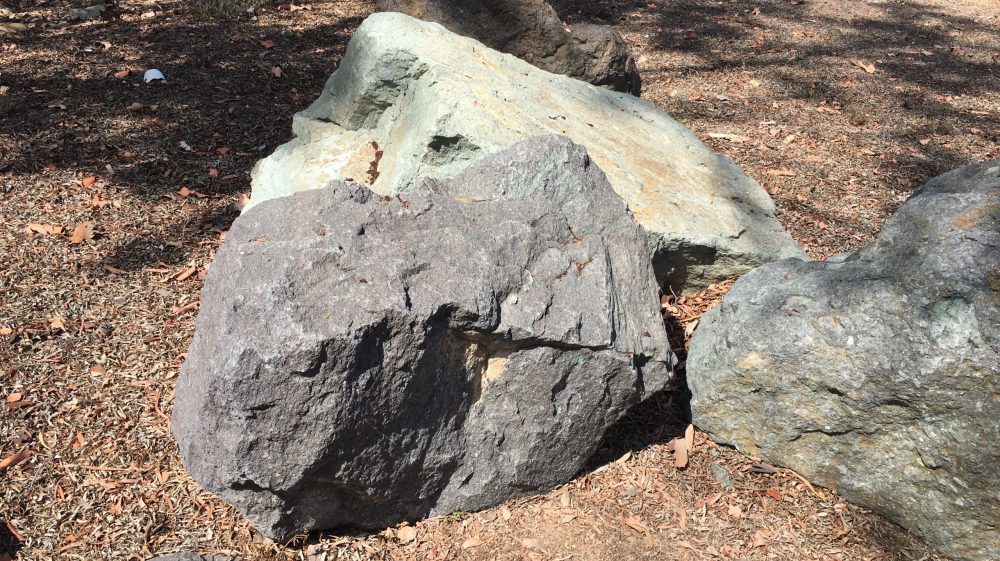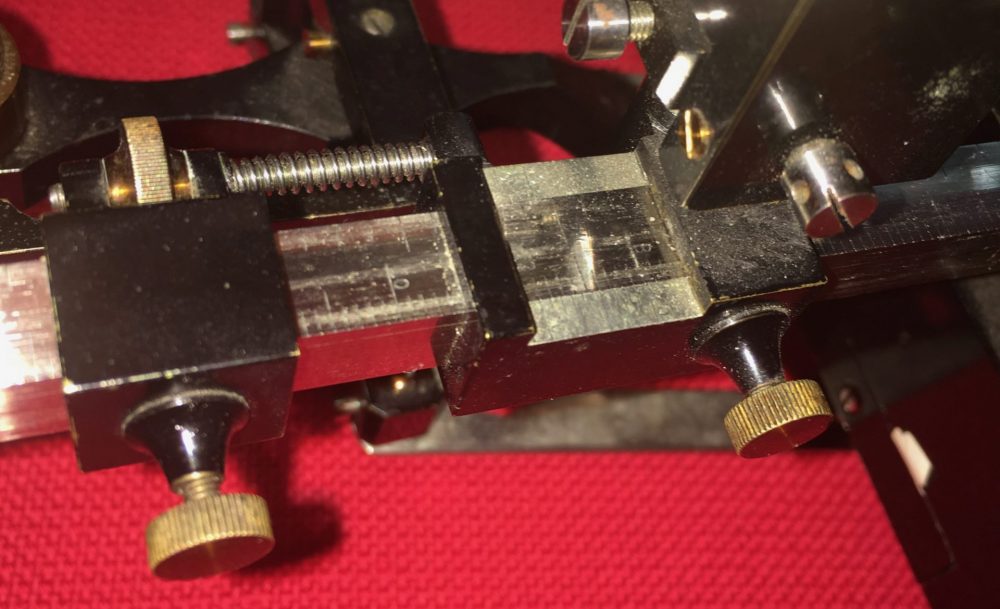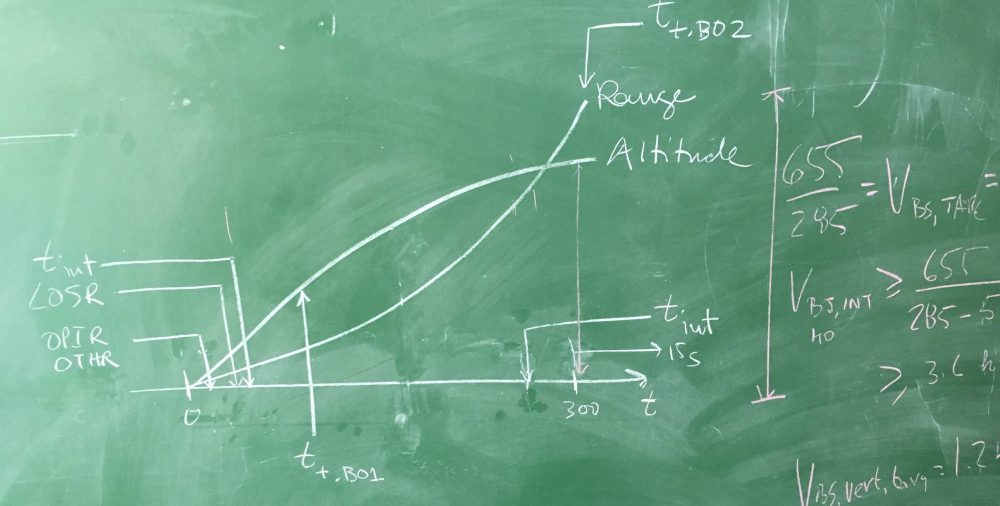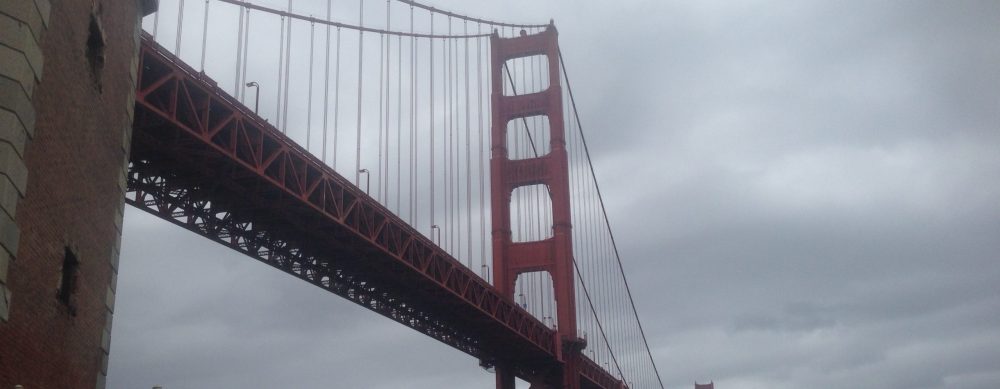Dear Physics Community,
Summer is ending and our seniors and a few other students will return on Sept. 29. Testing continues to do well, slides here and classroom scheduling is being finalized. We are ready for what Krishna Rajagopal calls A thoughtfully remote semester.
Some numbers for Fall: Total subjects: 1,377, Virtual subject: 1,181, Hybrid (in-person and virtual) 115, in-person: 81. On-campus graduate students: 1,900, on-campus seniors: 660, other undergraduates on-campus: 240. Needed testing rate: 14,000-30,000 per week.
What are other colleges and universities doing? Here is a breakdown from today’s NYT:
- 6 percent will be online-only
- 27 percent will be primarily online
- 15 percent will be a hybrid of online and in-person
- 20 percent will be primarily in-person
- 2.5 percent will be solely in-person
- 6 percent are doing something else entirely
- 24 percent of schools have still not yet finalized their plans
We are excited to have some of our students coming back: it is a step into a new world and we will begin to learn how to operate so everyone can be back. Here we go…
Above the Fold
- New Communic.8 Piazza forum — thanks to PGSC liaison Matt Hodel, SPS liaison Kaylee de Soto, and Faculty Liason Jesse Thaler
- Thanks to Anjali Nambrath, Sujay Kavi, Isebelle Phinney for the Inaugural PRIZM Conference last week.
- Thanks for Jun Yang and Or Hen for organizing the first post doc walk on
Sunday - NSF awards Institute for Artificial Intelligence and Fundamental Interactions centered at MIT Physics
Society of Physics Students and Physics Graduate Student Council Announcements
In case you missed it…
- Fall diagnostic exam canceled, oral exam info
- GRE subject tests canceled for September 12 and October 17
- MIT Now: all those MIT-wide email updates, in one place
- MITVote information from dept liaisons Mason Ng and Carina Belvin
- Thanks & congrats to everyone who presented at the PRISM conference! Check out the website to view recordings.
- Thanks to the many postdocs and grad student volunteers who helped with PRISM
- Stay in the loop! Join the SPS discord and mailing list, the Grad student Slack and the physics department Slack
New news:
- New PGSC non-academic career officers, Eugene Knyazev and Joseph Johnston. Thanks!
Upcoming grad student group events
- Tuesday 8/25 11:00 a.m. (Boston time) — Grad Womxn in Physics Orientation Meeting
- Wednesday 8/26 6:00 p.m. — PGSC Outreach + Advocacy Orientation Event
- Thursday 8/27 5:30 p.m. — PGSC mixer event with the Reject Injustice through Student Empowerment (RISE) campaign (RSVP here)
- Friday 8/28 10:00 a.m. — PGSC Outreach + Advocacy Orientation Event
Get involved!
- Sign up to write a page of the grad student handbook! Also please feel free to add sections as needed.
- Join SPS! Email us at sps-exec@mit.edu to hear about current projects and what we’re hoping to do in the fall.
- Get involved in PGSC events! Contact us at physics-gsc-officers@mit.edu or reach out to Stella Schindler on Slack. The more the merrier; we’re always happy to take on new PGSC delegates and officers.
Physics events and news this week
- Community Lunch, Thursday, 12 pm, Speaker: Erin Kara
- New graduate student orientation, Tuesday, August 25, 10-11 am
- No office hours this week – getting ready for term.
- New: Career Advising and Professional Development – Physics is working with CAPD to bring much needed resources to students. Prof. Mike Williams is acting as liaison, Maya Reese and Quin Brodsky represent SPS and Eugene Knyazev and Joseph Johnston represent PGSC. They will advise the Department on needed resources.
Physics
- LIGO observation of mis-matched black holes
- Wigner’s friend – just when we thought all the loop holes for quantum mechanical entanglement were closed, someone remembered Wigner’s friend
- Physics of Living Systems group has observed turbulence on a starfish embryo member here.
Peter Fisher, Stella Schindler, and Anjali Nambrath
